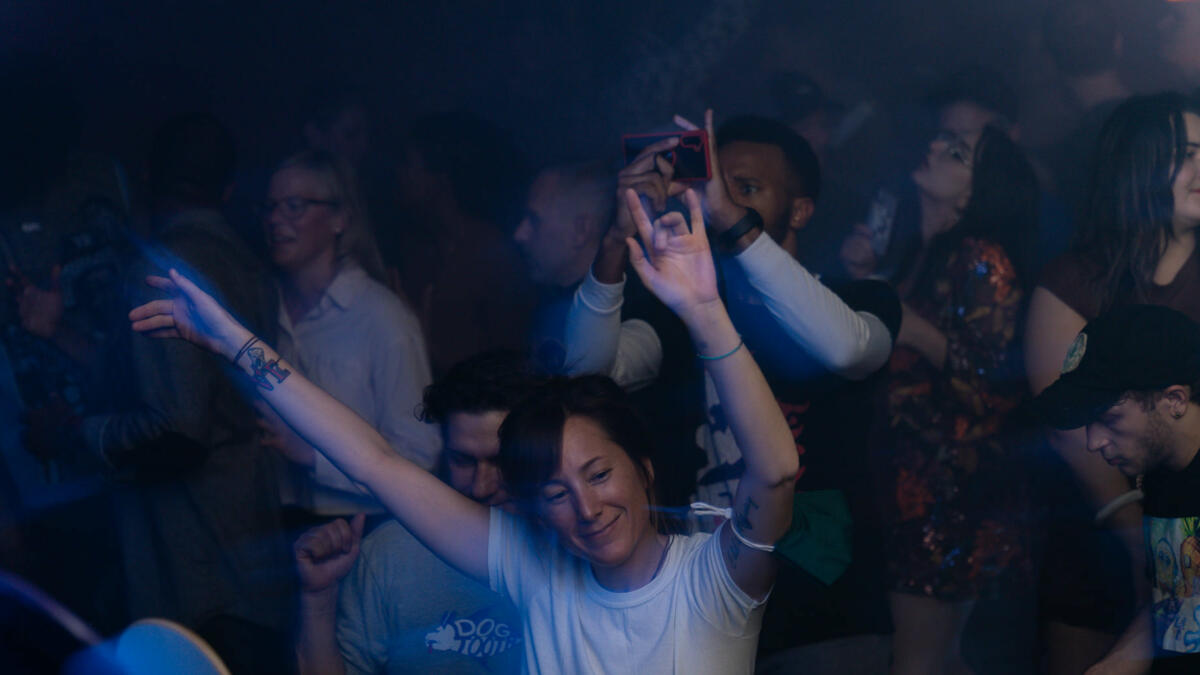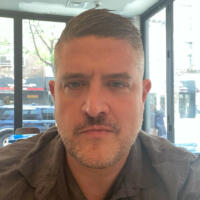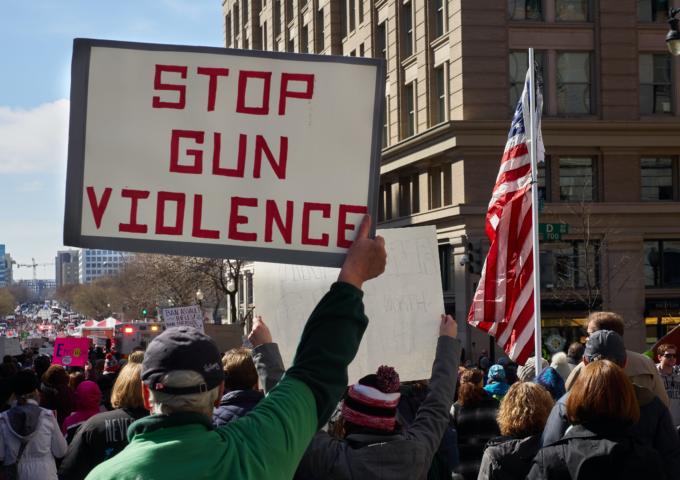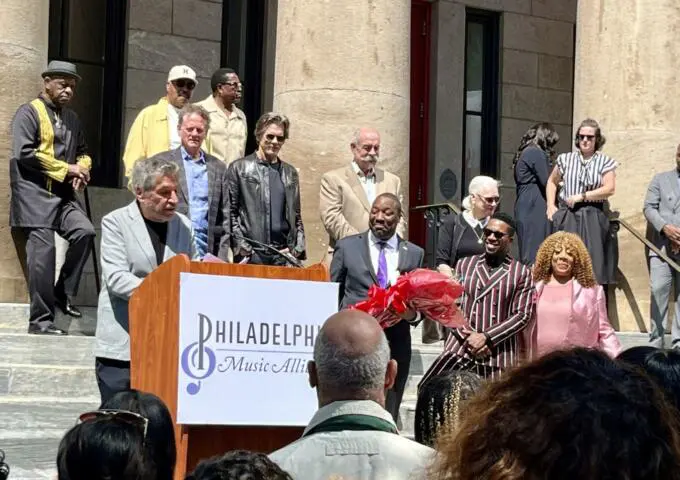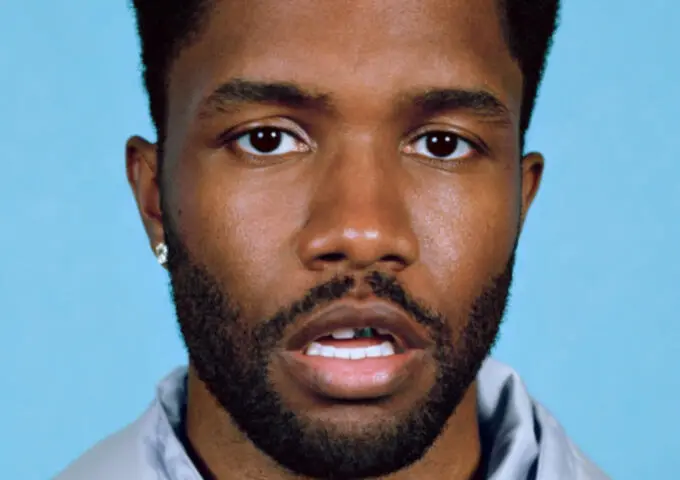In an age when we experience social anxiety by picking up the phone – though, who wants to hear yet another robot asking us about our nonexistent car warranty? – and when we’re just now starting to warily remove masks following the COVID-19 pandemic, the idea of in-person monthly dance party might seem, to put it mildly, interesting. Add vinyl to the mix and you’re talking all kinds of crazy.
But if you ask Philly DJs Rob Paine and Willyum aka Will Putney, it’s about doing what they love and letting people observe and join in if they want. The party goes on regardless.
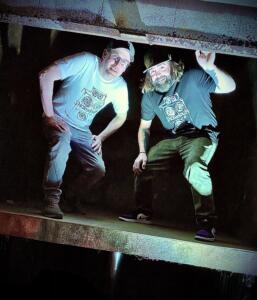
They’ve been moving crowds since the 1990s, taking them on a house music journey at legendary raves and nightclubs across Philly’s nearly 50 zip codes – and beyond. The Internet Age’s social quirks and a pandemic notwithstanding, their renowned event The Shakedown continues now in its 21st year in October. So while it can’t buy a beer legally for a few months, 20 years of a monthly house music event is nothing to dismiss as a fad.
Personally, I first encountered them in the late 1990s, all of us going to the same rave events. In 2017, I was asked to guest DJ one month at the event, too. It’s hard to meet anyone in the local music scene who hasn’t in some way been connected to the event or either DJ.
For his part, Paine started his career as a part of Circle Productions, a group of DJs and promoters who threw some of the most memorable warehouse and Convention Center events in the early 1990’s Philadelphia rave scene. He played now-legendary weekly events like Yoman at Club 1415 and held residencies at the iconic clubs Fluid and Shampoo. Think Q102 back when LA Looks gel and Trapper Keepers were common staples in high school lockers.
At the same time, Willyum was playing sultry deep house music at various venues around the city. Classic spots like Love Lounge and The Five Spot made him a household name amongst those who sought avenues for kinesthetic kinship with friends and strangers alike. From there, Putney launched The Philadelphia Experiment, a weekly house event at Silk City Lounge – under its original ownership – that packed in house heads for many years. He was also a buyer and manager at 611 Records, the landmark vinyl shop that helped fuel DJs in Philly for over 15 years.
Jump to 1998, when Putney joined Paine’s Worship Recordings label. Shortly thereafter, they launched The Shakedown.
Recently, I caught up with Paine and Willyum to talk about how the party started and how persistence and including up and coming artists and fans keeps us talking about the monthly event, now 20 plus years on.
Karl Michelfelder/Philly Weekly (PW): What year did the Shakedown begin?
Willyum: In October 2001. We’re quickly approaching 21 years.
PW: What was the vision for the event?
Willyum: I was doing a successful monthly house music night at Silk City, and the owner approached me saying, “Hey, I’d like to give you another night.” And I said, “You know, how about we do something with Worship [Recordings]?” So the vision was to have something for Worship artists to come in and play. We created the name The Shakedown, and that’s kind of a blend between the Grateful Dead Shakedown Street and Bob Marley’s Soul Shakedown song.
PW: Tell me about your record label, Worship Recordings.
Rob Paine: So Worship Recordings was created because I had a bunch of music that I produced by myself or with other people. And we didn’t have the links for music labels, except for doing a remix here and there. So we decided to start a label ourselves. And that was in 1998. The first release was deep house for the most part. It definitely had dub overtones, as does everything I love. But the second release was what came to be known as dub house. It was just super innocent, like just awesome friends, loving music completely and not caring about anything else in life but that. And then, you know, we got to a point where I was able to hire people to run the label and (Willyum) started working for the label, as we were good friends before that. You know, you come up with great stoner ideas and shit. And so one of them was that we should do a monthly showcase for the label and bring in the DJs that obviously we love and who we wanted to connect with for the label. That was the plan. So it kind of followed those guidelines and it became a showcase for the label. But from there on, a year into it, we knew it was definitely something truly special.
PW: That’s kind of the story of independent music in general, is that people, like you said, didn’t have the hookups. So you’re just like, “All right, I’ll try to do this myself.”
RP: It’s like, how hard can it be?
PW: You’ve used some legendary venues for Shakedown and you’ve just returned to the original venue. So how much impact does the venue have on the event?
RP: The history of a place and the way it’s programmed is important. Like, it definitely helped that PhillySoulCollective (Willyum, Carl Michaels, Sean Thomas, Kevin V) were doing the Philadelphia Experiment at Silk City before we started. I guess we took it for granted a little bit back then, because it was a place that we could always use. But we were just looking at it as a blank slate because we had this idea of bringing our own sound system and visuals. So we just needed a blank canvas, really. And, you know, we brought the sound in and then we brought these old school projectors that we just put an image up on like two or three different walls. And then and then one of the walls had a live video. So we turned Silk City into a new space.
Willyum: I think that using an established place, a place that had house nights, was certainly a bonus. But we also did some really unusual venues. What pops to mind is a social club on Sansom Street that was just a square. It was like a dancing studio, like ballroom dancing and stuff. But that went off, too. So, I would also say that the sound brings the party, especially since so many came to dance to house music. And when people can rely on that and visuals, I think that the venue doesn’t matter quite as much. It was also cool to be able to do a Shakedown at Fluid or the Five Spot. Like really going into these spots that we loved and frequented. The places that were close to our hearts.
PW: An advantage to bring your own party, I’m sure, as you didn’t have to rely on half broken sound systems that came with the venues.
RP: That was just that was the norm back then. It was just like, fuck, everywhere you go, there’s something wrong with something. Oh, and wobbly turntables on a chain.
Willyum: Yeah, it’s the rave.
RP: It’s the rave. Is that like, give us a space, let us come in.
PW: It’s remarkable that you persevered for this long with a monthly event. What continues to contribute to the event’s success?
Willyum: I think it’s a formula of proper promotion. It’s interesting because sometimes I feel like we don’t promote. It’s a little on autopilot, but it works. I think it’s also a matter of keeping things modern, which Rob is great with. Whereas I just struggle with that some because of the day job and all the rest of it really getting into the nuts and bolts. But I think, you know, proper promotion, and the sound is obviously huge. Again, like that is the party, you know, people, especially people that are really into the music. It’s a huge factor. I think it’s also kind of like it sounds silly but like kind of just doing the work month in and month out, you know what I mean? Getting proper guests, getting the word out.
PW: It seems like you guys really are thoughtful about when and where you place guests and to keep people engaged.
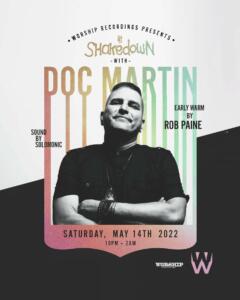
Willyum: Another big factor is that we have tried to incorporate the younger generation over the years, solicited their help and input to bring in their friends and their fans to help keep the name relevant to the new and younger house heads. We can’t just keep drawing on people our age, many who go out less.
PW: Have you noticed that you can play older tracks and have crowds respond well?
RP: Yes! I played for my Goodie Party last week at The Dolphin. I opened up for John Raffaele. And I played from 9 to 12 and I played vinyl. But people, they had no idea it was from 20 years ago. It was a blast.
PW: Does being friends help you come up with new ideas?
RP: Will is obviously one of my best friends. So we’re throwing ideas at each other. So, yeah, just talking about music that moves us. So we, you know, we don’t get to do it as often as we used to, but yes.
PW: You’ve created something that has lasted so long. You want to leave a legacy for sure and extend the party’s audience.
RP: Yeah. We have a new resident DJ. He reminds us exactly of us. He’s really, really good and we want to support him.
PW: How did the pandemic affect your flow? Aside from the obvious, has there been a recovery period? How has the recovery period been after the pandemic?
Rob: We took a couple of months off. And then it was like, well, let’s let’s just do this. Let’s do it every other week, you know, as a stream.
Willyum: It was important to keep it relevant for sure. Yeah.
RP: And keep it exciting. We were still buying music every month. Then every couple months we had a guest, you know, and then we just kept going. We kept learning new techniques and everyone else was doing it. It was also to stay in practice and rhythm with doing the event and making sure it still had life.
Willyum: Yeah, I don’t mean to sound corny, but you have to keep the brand alive because I mean, what are we going to do? Like sit there for a year and a half and with no exposure?
RP: And as clunky as it felt, this was our option. And people are at home and they’re dying for entertainment, too. And we didn’t go into it thinking, we were going to have hundreds of streamers or anything. We were doing this for us. And you all can watch it if you want. And we were hanging out and enjoying ourselves, and why not push a button and share with the world?
Willyum: And the idea that you want to share this with the world is a warm thought. But to kind of fill in this question a little bit. I remember our first time back in person in the club [Warehouse On Watts] was in May and you know, that was when everything kind of reopened again. And yeah, that was like, insane. It was amazing. I was crying. Everyone was crying and having an awesome time and amazing, you know.
PW: Would you say that was one of your most memorable Shakedowns?
Willyum: I think that’s actually a great example.
RP: What’s left is a blur. Sometimes we sit down talking about it and it’s like, oh, remember that shit? You remember that? And there’s so many we really like. We have the time of our lives at work, we really do.
